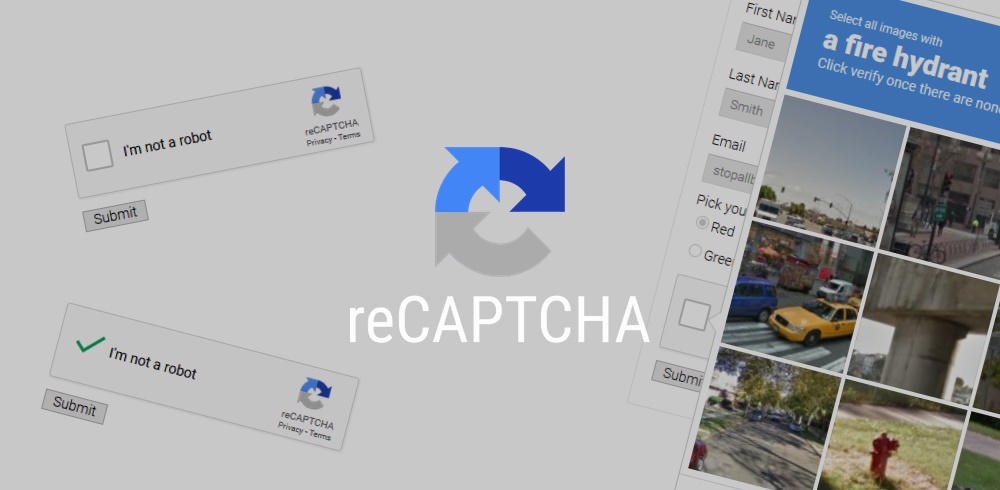Generating revenue from digital services is an extremely common question among digital start-ups. It was like that with the veterans Flickr and Facebook, it remains the problem of Twitter and Tumblr and will certainly be the big question to be answered by the managers of the future names that will appear in the digital ecosystem.
The vast majority of cases involve business models in which companies charge advertisers for visibility or charge users for access to the service. ReCaptcha follows a different business model: revenue from mass collaboration services.
What all of us, users and developers, see is that ReCaptcha is a service to validate the action of users in various internet activities acting as an anti-bot tool (a software for carrying out activities, usually malicious).
What we don’t see is that, in addition to helping to secure digital systems, ReCaptcha is also a tool for confirming scanned data from the company’s own customers. And who helps in validating the data are us, the users, in a collaborative way and in a global scope.
The word pairs presented during a new user validation request contain a word that comes from material previously scanned by an automated system. ReCaptcha’s logic works with pure mathematics, every 10 equal answers for the same word the system attributes that information as being true and related to the digitized data.
With the high demand for the service to assist in the security of systems, ReCaptcha is able to efficiently deliver the digitized data validation service and generate financial income from its direct contractors. The business created by Luis von Ahn, Ben Maurer, Colin McMillen, David Abraham and Manuel Blum was so successful that the company attracted Google’s attention.
Currently the new collaborative work project that is the focus of the group is the educational service Duo Lingo. The new service is aimed at language learning and, like ReCaptcha, it also uses a different business model from other language teaching sites on the internet.
The service does not charge a monthly fee or fees for accessing the activity modules, just fill out the registration form and study. Students learn a new language and are exposed to text translation exercises during classes. All student-generated translations support the ambitious project of translating and making available all internet content in multiple languages.

